The recent Lok Sabha election results showed that the Congress may have weakened but has not vanished, and Prime Minister Narendra Modi appears intent on ensuring that by 2029, the party slips into political insignificance.
Modi’s fiercest verbal attacks have long been reserved for the Congress and especially for Rahul Gandhi, a pattern that began well before he became prime minister. What remains puzzling is? Why the Congress continues to be singled out, even after suffering repeated electoral blows?
During the Bihar election season and the vote count, two moments drew attention because the intensity of his criticism did not match the occasion. The first came last Friday, when counting trends placed the National Democratic Alliance firmly ahead while the Mahagathbandhan collapsed, with the Congress touching a new low in the state. The BJP headquarters in Delhi was set for celebration, yet Modi chose the moment to escalate his critique of the Congress leadership.
He declared that the Congress had transformed into what he called the Muslim League Maoist Congress. He accused its leaders of embracing negative politics and hinted at the possibility of another major internal split. The idea of Congress being influenced by urban Maoists had earlier been voiced by Maharashtra Chief Minister Devendra Fadnavis, while the Muslim League reference had been made by Assam Chief Minister Himanta Biswa Sarma. Modi fused these accusations into a single sweeping charge.
After the 2014 Lok Sabha debacle, Sonia Gandhi had accepted that the party was widely seen as pro Muslim, suggesting that Hindu voters had distanced themselves. Modi’s new label combined two of the most damaging political portrayals in modern India and applied them to the Congress.
Modi’s second major attack in three days came during the Ramnath Goenka Lecture in New Delhi, an event meant to honour the founder of a publication known for its independent stance. While discussing his government’s achievements, Modi also outlined what he believes is the current electoral mantra. He urged all state governments, regardless of ideology, to focus on development, business friendliness, and investment climate, arguing that such priorities determine political futures
He then returned to the Congress with a sharper edge, claiming that while Maoist violence in the country was receding, it was gaining ground inside the Congress. He accused the party of nurturing Maoist ideology, supporting forces that reject the Constitution, and fostering urban Naxal sympathisers within major institutions. According to him, those who entered the party a decade ago had now turned it into a Muslim League Maoist Congress that had allegedly abandoned national interest and become a threat to national unity.
Within three days, Modi’s rhetoric toward the Congress shifted from branding to allegations of betrayal and jeopardising national cohesion. This raises unavoidable questions about evidence and why no legal action accompanies such serious claims. Yet the broader motive seems clearer. The sharpened criticism is part of a deliberate political strategy designed to shape public perception well ahead of 2029.
Modi himself hinted at this strategy in his victory address when he spoke of a potential major division within the Congress. Despite setbacks, the Congress remains the only party with a nationwide footprint capable of challenging him. Its performance in the recent Lok Sabha elections showed resilience, signalling that it is weakened but not defeated. Modi’s intensified narrative appears aimed at ensuring that by the next national election, the Congress becomes irrelevant.

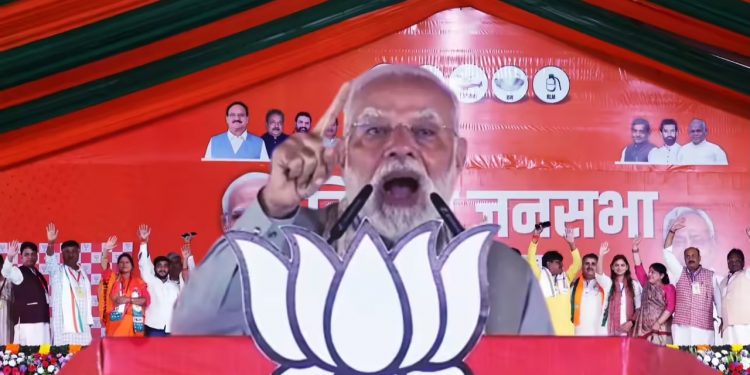
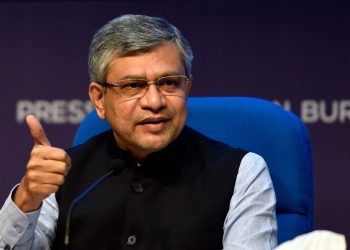


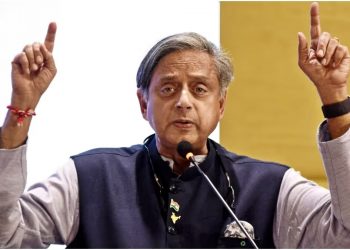
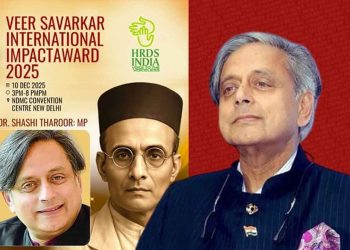
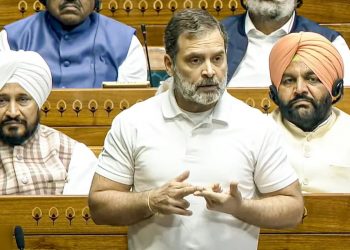

Discussion about this post